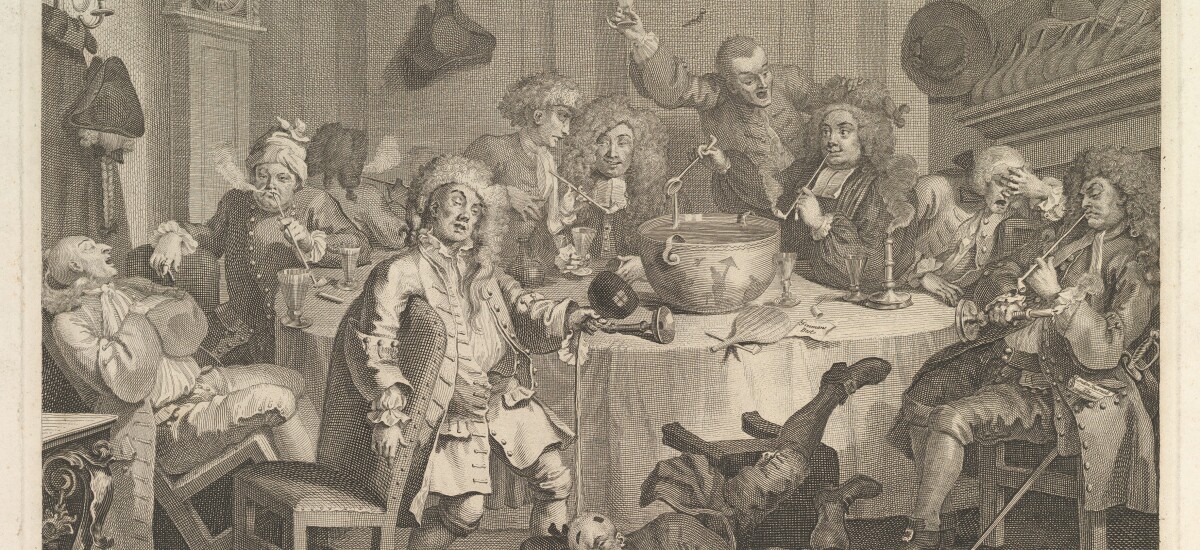2023, 03-05 mars : « Conviviality and Sociability in the Long Eighteenth Century: Restoration to Romanticism » [Colloque]
Tristan CoignardManifestations associées
colloque
A découvrir :
2022, 1er janvier : l'UR Plurielles voit le jour
À tous et toutes les chercheurs et chercheuses de Plurielles, nous souhaitons une lumineuse année 2022 !Que le lancement de notre équipe rayonne de vos découvertes.Sans oublier de vous garder tous et ...
2022, 17 janv. : Thème Traduction, plurilinguisme et cosmopolitisme [Réunion]
La rencontre des chercheurs intéressés par le thème transversal « Traduction, cosmopolitisme, plurilinguisme » aura lieu le lundi 17 janvier 2022 de 15h à 16h30 en H 106.Pas de lien zoom. Pour tout re...
Consultez nos séminaires
Consultez ICI la liste de nos séminaires
2022, 1er av. : Enseigner la Bible en traduction dans le secondaire [Conférence de Claire Placial]
Vendredi 1er avril 2022 – 9h30-12h30 salle I003 - entrée libreDans le cadre du séminaire « Le geste comparatiste entre pensée de la traduction et tact critique »Conférence de Claire Placial : Enseigne...




